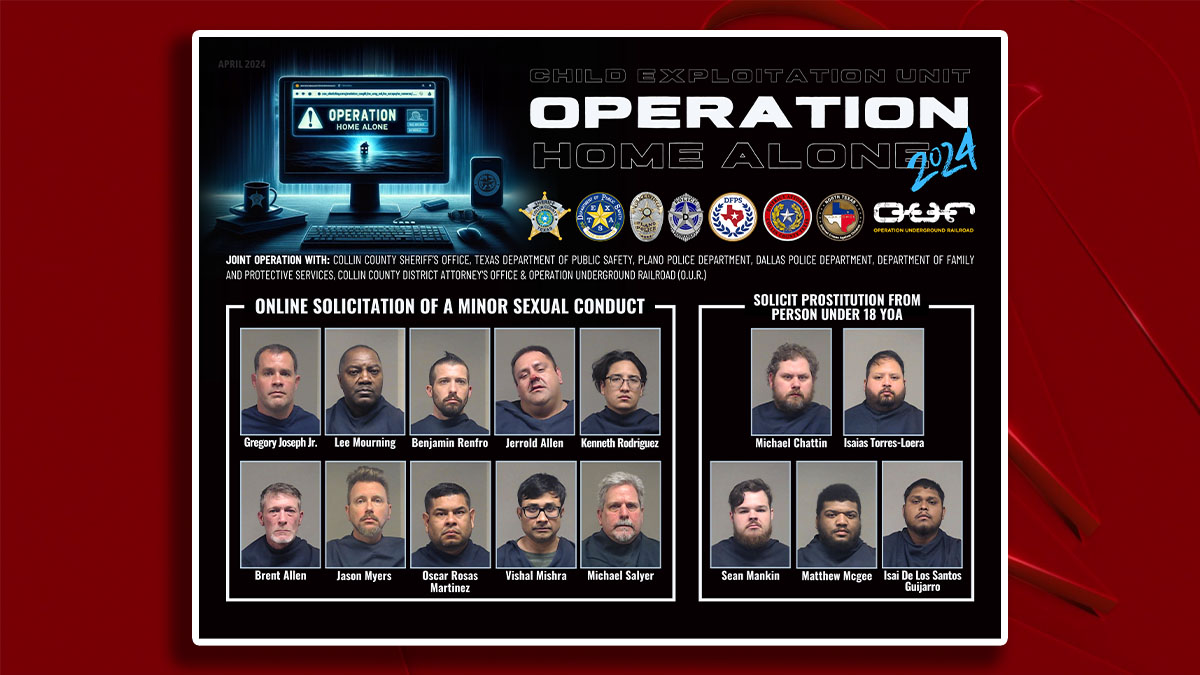For the moms and dads out there: Are you feeling tired? Burned out? Overwhelmed?
There's a big chance you could be suffering from a medical condition that's connected to everything you're feeling called "mommy burnout" or "parental burnout".
"It's sort of like running a race that you never really ever see the finish line," explained Kelly Krug, a physician's assistant at Olympus Family Medicine in Frisco and a mom herself. "A lot of people associate burnout with stress where they've worked too many hours. Parenting doesn't really have an end point."
Krug says medically, mommy burnout is really known as "chronic stress and exhaustion" -- constantly overproducing, not sleeping and being stressed out day after day with no relief.
"No matter how tired you are, there's a lot of insomnia. There's a lot of irritability. It's a mix of anxiety, depression," said Heather Vance Devers, a mother of two and the creative/content director at DFW Child Magazine. "You're constantly just on that hamster wheel, running, making things happen -- trying to do the best for your kids but really wearing yourself down."
The condition is a big topic in the November and December issues of the local magazine, featuring a two-part series by writer Jessica Elliott. It can effect both working moms, stay-at-home moms and dads.
"What we're finding is that moms a lot of times need to get on medications to level out their moods. There's meditation, things you can do to center yourself a little bit more - pour a little bit more into yourself because if that well is dry, you're never going to be able to take care of your kiddos," said Devers.
Local
The latest news from around North Texas.
The articles and research are partly inspired by Devers own experience with mommy burnout.
"I started to feel really isolated. I felt like there weren't any moms who had gone through what I had gone through," she said. "Even though rationally I knew, moms go through tons of stuff but when you go through it day after day and you're isolated in your home, it was really hard for me to see that there was a bigger community."
Devers said she didn't realize what was happening to her until she reached a breaking point with herself and her kids. She was able to seek help from a psychologist and medications.
"And I really had to put myself back on my to-do list, which I know sounds counter-intuitive, but you really have to say, 'OK I need to take care of myself. Am I eating three meals a day, am I showering on a regular basis?'" she said. "It's really the basics that you really forget because you're taking care of small humans."
As the DFW Child articles point out, social media makes it worse with parents comparing their own lives to what they see in the hashtags and adding to the burnout parents already feel.
"We need to make sure people understand that being perfect is never actually going to happen," said Krug.
She works with other parents in finding ways to prevent and cure this type of parental burnout. She says it can start with saying no to tasks, seeking therapy and focusing on self-care.
"Self-care can really just be staying at home, reading a book by yourself. Go outside, be alone for a few minutes," she said. "Educating patients, you really need to know yourself well enough to know what you need to refill up your tank and set time aside so that you don't have to feel guilty to take care of yourself so you can take care of others."
Part two of the mommy burnout series just published in DFW Child last week.



